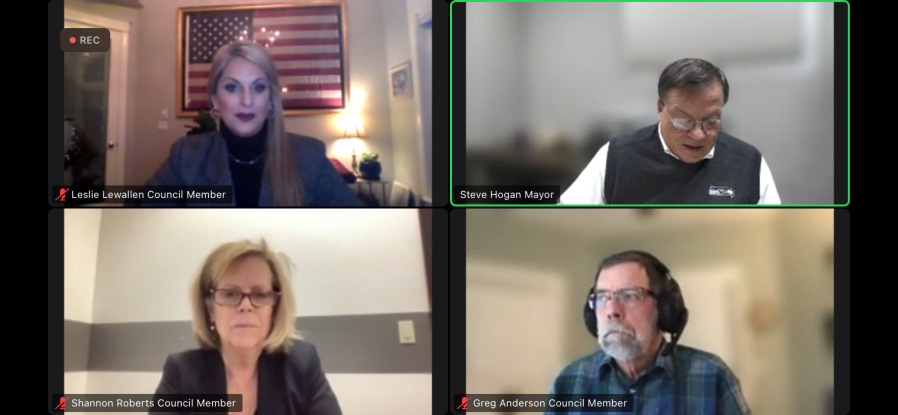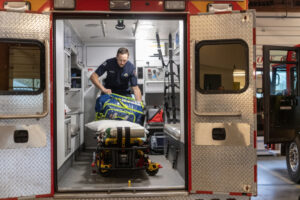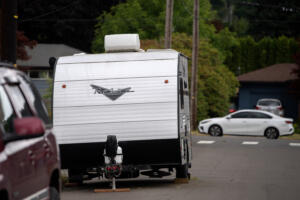Should the city of Camas buy “Made in America” goods over those produced outside the United States? That was the question Camas City Council members tossed around during the Council’s first workshop of 2022, on Monday, Jan. 3.
Camas’ interim city administrator, Jeff Swanson, said city staff had researched the pros and cons of legislating a “buy American” policy for city goods at the request of Councilwoman Shannon Roberts and “with the support of” Councilman Don Chaney.




